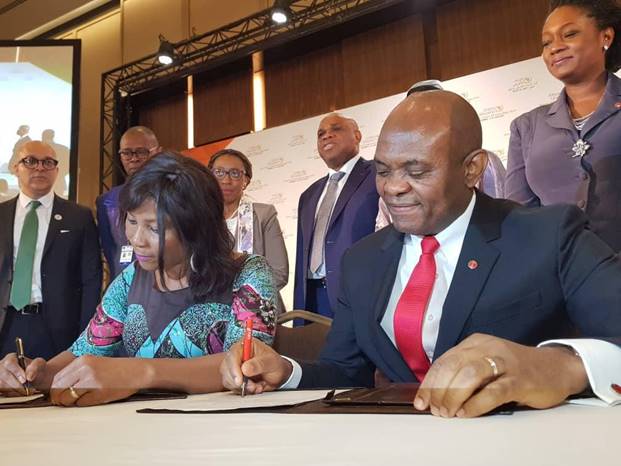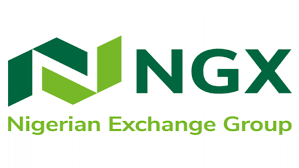Based on the observed drying trends of Nigerian government revenues and volatility in oil prices, the World Bank has disagreed with the Minister of Finance, Mrs. Kemi Adeosun, saying Nigeria’s debt was no longer sustainable.
Giving the insights through its Senior Economist, Gloria Joseph-Raji, in Abuja, World Bank said the cost of borrowing or paying interest on Nigeria’s debt is now a suspect as indicators of seamless repayment is very hard to find.
It would be recalled that the Minister had on Sunday at a press briefing to end the World Bank/International Monetary Fund annual meeting in Washington DC, United States announced that Nigerians would continue to borrow at least in the short term to fund critical infrastructure.
Whereas many experts are disturbed over their inability to clearly pinpoint any infrastructure that can be said to be an offshoot of borrowed fund in the last two years, Ms. Joseph-Raji compounded the disturbance by revealing that dwindling revenues had raised a concern both at the Federal Government and the World Bank on sustainability of Nigeria’s borrowings as debt-to-revenue ratio had increased by 25 per cent within a period of one year.
Statistics she relied on showed that in 2015, the country’s debt to revenue ratio stood at 35 per cent but rose to 60 per cent by 2016, reflecting a reduction in government revenues and rising debt profile, thereby raising a question about the debt sustainability.
Continuing, the World Bank chief observed that “Nigeria has a decent debt-to-GDP ratio, currently about 19 per cent. It is the debt to revenue ratio that is of concern and that rate is a sustainable issue. That is of concern to us and that is also of concern to the government.
“The government is aware that the debt is looking more unsustainable from the point of debt service to revenue ratio. The estimate we had for last year at the federal level was about 60 per cent. That is coming from about 35 per cent in 2015.
“That reflects the substantially lower revenues that Nigeria recorded last year. Even among the state governments; we know that a lot of state governments are servicing a lot of debts from their federation account allocation. So, there is really going to be a sustainable issue emerging,” Ms. Joseph-Raji noted.









